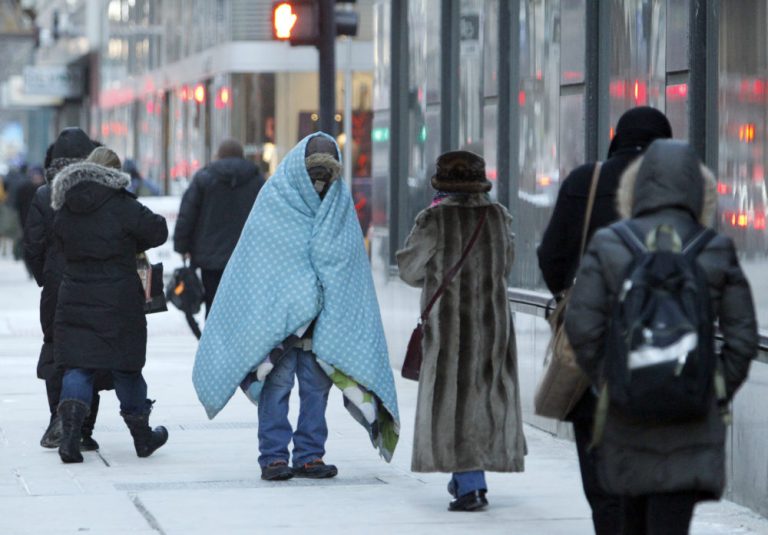Thirty homelessness prevention organizations across Illinois will receive grants totaling a collective $340,000. The money will be distributed by affordable housing advocacy organization Housing Action Illinois, and most of it comes from donations to the Illinois COVID-19 Response Fund. Of the total money granted, $50,000 comes from the National Low Income Housing Coalition, which received $3.5 million from philanthropic organizations and distributed it to 52 organizations in 27 states.
Erica Smith, executive director of Helping Hands of Springfield, says her organization received a $15,000 grant from Housing Action Illinois. Since the pandemic began, Smith says her organization has had to significantly change the way it operates.
“For our emergency shelter program, what we had to do was create a situation where 45 to 50 people would want to stay together in the same building pretty much day in and day out. That’s very challenging,” Smith says. “People couldn’t come and go as they were used to doing. And so what we turned into was a 50 member family, and the shelter became really a home.”
Smith says her organization is using the grant to provide first month rent, security deposits and utility assistance to about 18 people. She says getting those individuals into housing frees up space in their emergency shelter and supportive housing programs.
Bob Palmer, policy director for Housing Action Illinois, says other organizations across the state are using the money to pay for hotels and motels for people. He says the pandemic has increased costs for housing service providers.
“The shelters have been, you know, limited in their ability to take new people in because of those space constraints and not wanting to, you know, admit someone who’s potentially a carrier of COVID-19,” Palmer says. “So they’re doing a lot more in terms of screening people, trying to get people experiencing homelessness… into hotels.”
Palmer says data indicates requests for emergency rental and mortgage assistance have increased since the pandemic hit Illinois.
“We’re very busy, you know, at the state level, at the federal level, doing advocacy for more resources,” Palmer says.
He says federal funding is on the way to communities across the state, but philanthropic support is crucial in the meantime to ensure service providers can keep people off the streets.
Palmer also praised Gov. J.B. Pritzker’s executive order banning the enforcement of eviction orders while the state remains under a gubernatorial disaster proclamation.
“We feel like that’s a needed public policy while we’re advocating for the resources we need to assist renters and homeowners,” Palmer says.
Looking forward
He says the state’s Homeless Prevention Program is funded at $9 million through June 30, the end of the current fiscal year.
“Even though the state budget situation is so dire… we are asking for an increase to at least double that,” Palmer says.
Smith says the pandemic has highlighted how crucial prevention services are, and how quickly the average individual can stumble into homelessness given unforeseen circumstances.
“So what I would hope there would be is a new realization… that any of us with the perfect storm of problems, particularly when you lay a COVID-19 on top of it, could end up homeless,” Smith says. “Sometimes I think when we talk about changing major systems, it feels impossible. Oh, we’ll never change that. But this shows us that those systems can change in a day, and that sometimes they have to change.”
Palmer says he hopes elected officials understand that more needs to be done to support the state’s most vulnerable populations. He says unemployment insurance may not cover everyone’s housing needs.
“We’re also just very concerned that the economic fallout of COVID-19 is going to last well beyond when the stay-at-home order is lifted or the disaster proclamation ends,” he says.
Follow Lee Gaines on Twitter: @LeeVGaines

